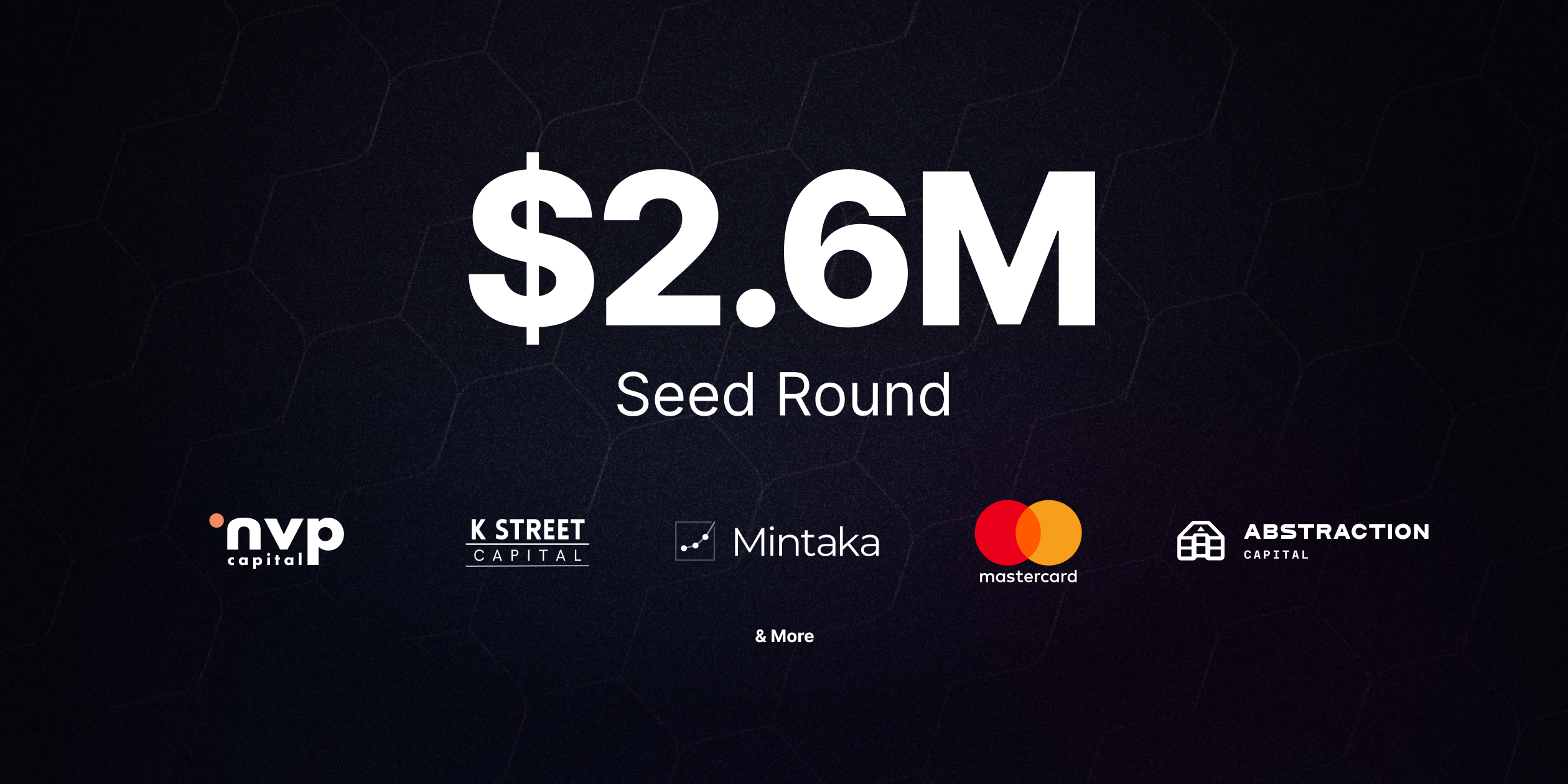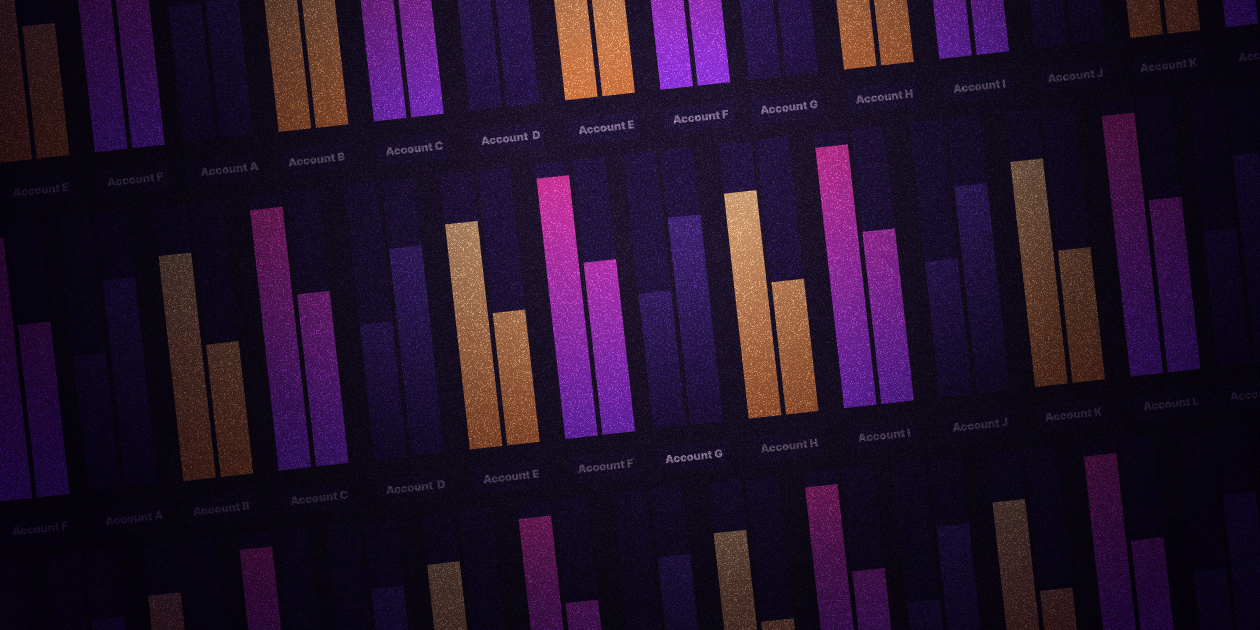
Chase's Open Banking Gambit: Why an Orchestration Layer is Your Best Defense
JPMorgan Chase may have just thrown down the gauntlet. According to Bloomberg reporting, the nation's largest bank is telling data aggregators it plans to charge for access to customer financial data — data that has traditionally been provided free of charge. If true, this bombshell development represents the first major shot fired in what could become an all-out war over the future of open banking in the United States.
What Chase Is Really Doing
Chase's proposed fee structure varies based on how companies use customer data, with particularly high charges for payments-focused companies. According to sources familiar with the matter, these fees could exceed the revenue some companies generate on a single transaction by as much as 1,000%.
CEO Jamie Dimon has been vocal about his stance, writing in his 2024 shareholder letter that "third parties want full access to banks' customer data so they can exploit it for their own purposes and profits" and arguing that "third parties should pay for accessing the banking system and payment rails."
This isn't just about cost recovery. Chase has long been aware of the potential for account-to-account payments to undermine card payment revenue, and open banking has been a key enabler of "pay by bank" services that could challenge traditional card networks.
Regulatory Uncertainty Meets Market Power
The timing of Chase's move is no coincidence. The Consumer Financial Protection Bureau's Personal Financial Data Rights rule, which would have prohibited fees for data access, is under siege. The Trump administration's CFPB has switched sides in litigation against the rule, asking a court to vacate it entirely.
This regulatory vacuum has given Chase the opening it needed to establish precedent and force the industry to operate under its preferred terms.
The Domino Effect
If Chase succeeds, other major banks will likely follow suit. This likely means the following scenario:
- Data aggregators pass costs to fintechs: These fees will inevitably flow from aggregators to their fintech clients and ultimately to consumers.
- Business models break: Use cases requiring ongoing access to bank data — like overdraft avoidance apps, personal finance management tools, and cashflow-based lending — could see their unit economics completely disrupted.
- Innovation stalls: Lower-income customers may be harmed by restricted access to payments and budgeting apps.
But here's where it can get really dangerous: feeling priced out of more expensive data, some fintechs might choose to start developing their own screen-scraping capabilities, or revert to techniques like reverse engineering to obtain the data they need. Some aggregators might also respond by reverting to screen scraping — the less secure practice of using customer login credentials to access bank data. With over 10,000 fintechs in the US, if even a fraction develop their own screen scraping capabilities, the security risks could be massive.
Future-Proofing Through Orchestration
This is exactly why Quiltt exists. While others are scrambling to figure out their response to Chase's bombshell, our clients are already protected by our orchestration layer approach.
Multi-Provider Redundancy
If Chase decides to charge 10x more through one data aggregator, we simply route to another. Our platform integrates with multiple providers ensuring you're never held hostage by a single provider's pricing decisions.
Intelligent Routing
The Quiltt Connector is built to intelligently route to the best provider for each institution and use case. When market conditions change — like one provider becoming prohibitively expensive for certain banks — we can quickly adapt your routing without any changes to your integration.
Unified Integration, Maximum Flexibility
Instead of building separate integrations with multiple aggregators, you get access to all of them through one API. When market conditions change — and they will — you adapt instantly.
The Screen Scraping Fallback
If aggregators can't afford the new fees, they may revert to screen scraping — the practice of using customer login credentials to access bank data. While less secure, it's exactly what providers did before APIs existed. If Chase makes API access prohibitively expensive, providers will simply turn their screen scrapers back on.
The Bottom Line
Chase's announcement is a watershed moment for open banking in the US. But for companies that have built their infrastructure thoughtfully — with redundancy, flexibility, and orchestration in mind — it's just another day at the office.
The best way to future-proof yourself isn't to hope that regulations will save you or that banks will suddenly become altruistic. It's to build systems that can adapt to whatever comes next.
The companies that thrive will be those that have positioned themselves to handle whatever curveballs the market throws at them. At Quiltt, that's exactly what we've built. One integration. Multiple providers. Maximum flexibility.
Ready to future-proof your open banking strategy? Contact us to learn how our orchestration layer can protect your business from whatever comes next.




